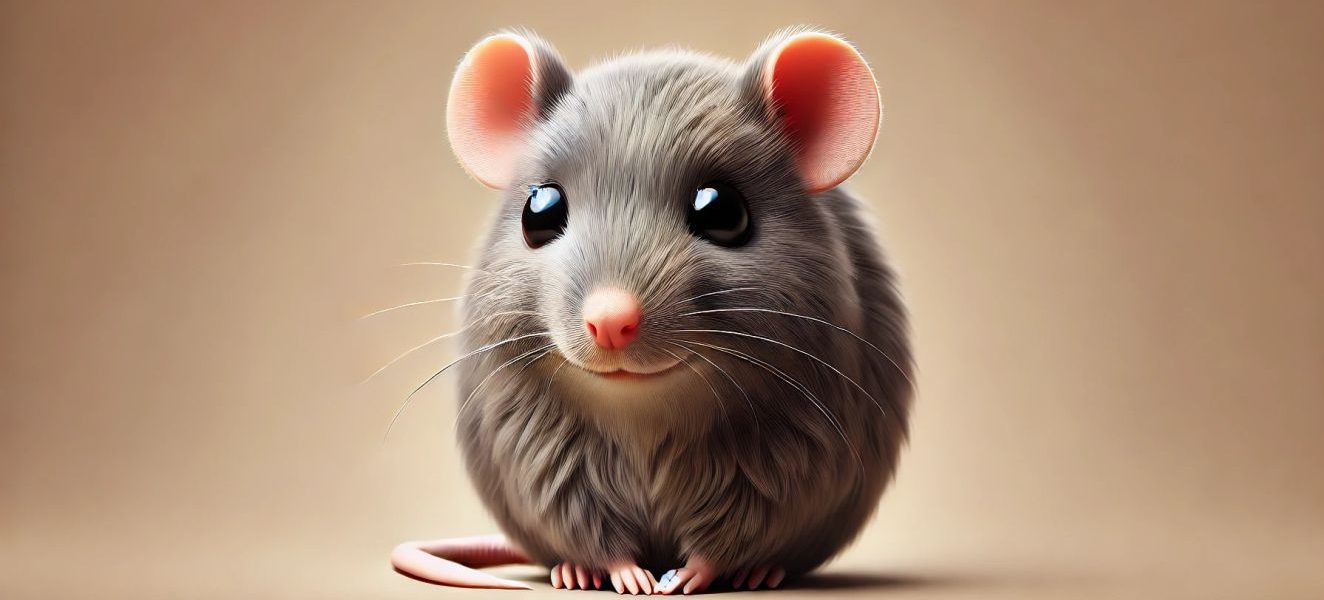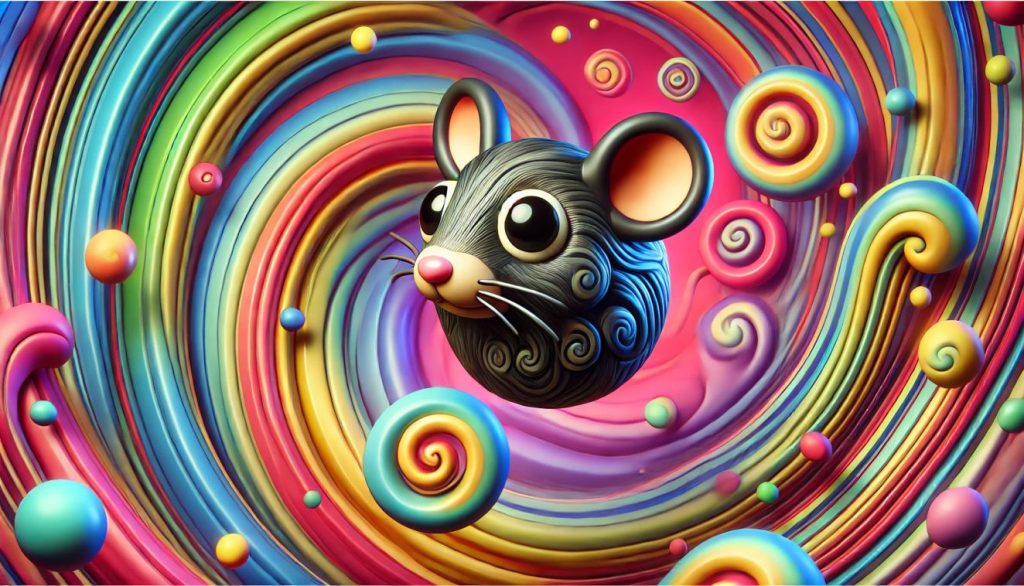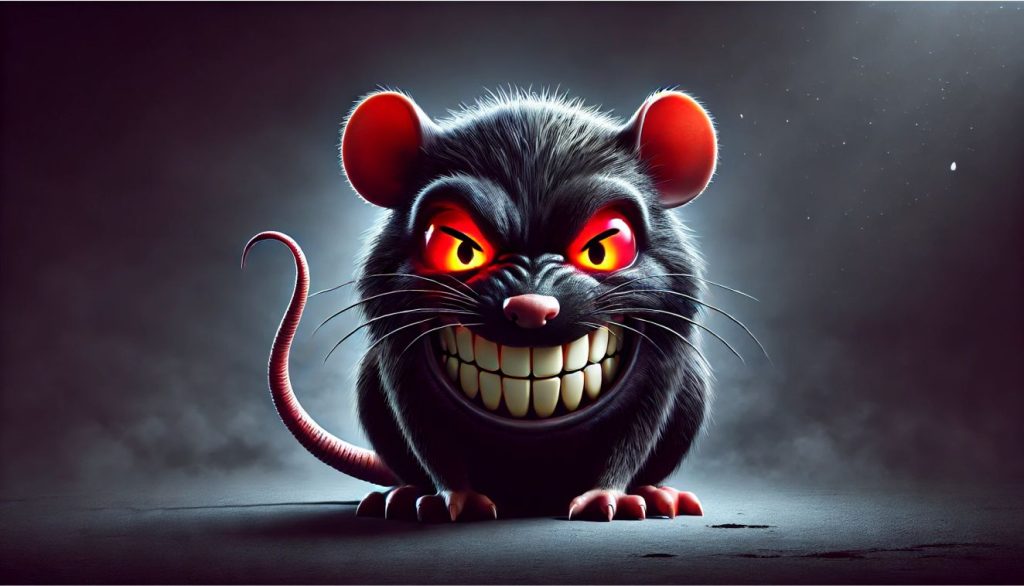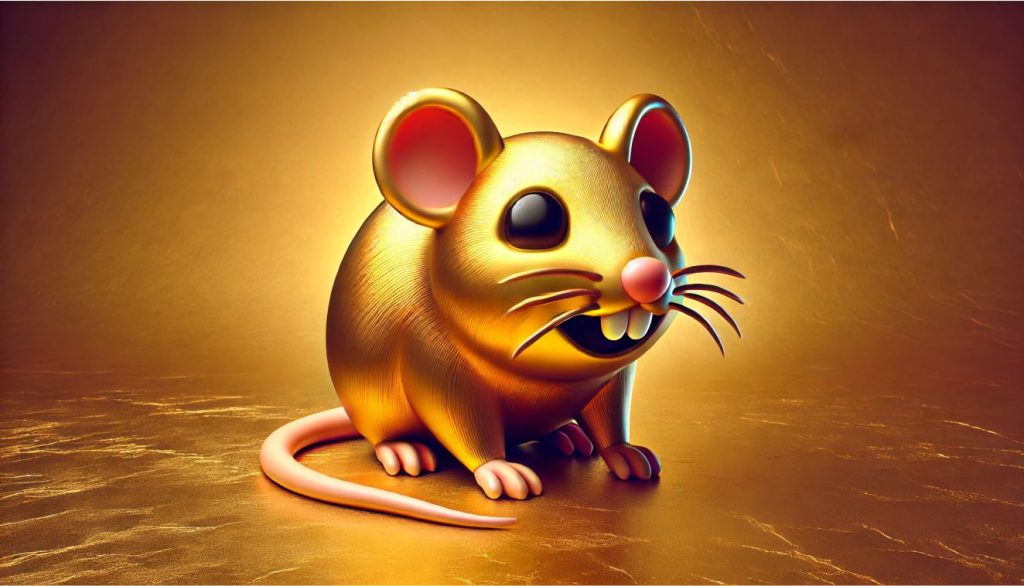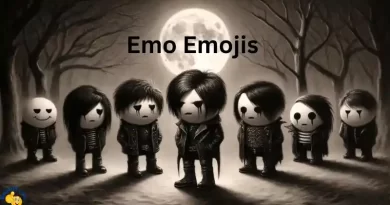Rat Emoji
Ever wondered what the rat emoji truly represents? Uncover how the emoji could be playful and provocative, and learn the best ways to use it in your messages. The rat emoji might seem like an odd choice for your messages, but it carries some unique meanings and uses. The little emoji symbolizes everything from mischievousness to resourcefulness. The rat emoji really does have a lot more depth than you might think.
Surprising Meanings of the Rat Emoji You Should Know
The Many Faces of the Rat Emoji
When you use the rat emoji, you tap into a range of emotions and ideas. It’s not the literal animal alone—it represents traits like cleverness and adaptability. In various cultures, the rat symbolizes different things, from resourcefulness to mischief. Rat emojis in your texts might reflect the mentioned traits, adding a layer of meaning to your messages.
How the Rat Emoji Fits Into Digital Conversations
People use the rat emoji to denote anything from a tricky situation to someone who’s being sly. It’s often paired with other emojis to emphasize a point or add a playful tone to a conversation. The rat emoji stands out because it’s less common, which makes it a unique choice when you want to convey a specific sentiment or just be a bit quirky.
Is it Negative When Someone Sends You the Rat Emoji?
In some cultures and subcultures, calling someone a “rat” implies they are deceitful or betraying trust. The rat emoji might be used to label someone as untrustworthy or to indicate a situation involving deceit. However, you should consider the context and the relationship between the individuals involved before jumping to conclusions. If someone sends you a rat emoji, it might be worth clarifying the intent to avoid misunderstandings.
When Not to Use the Rat Emoji
Avoid using it in formal or professional communications, as it may be misinterpreted. Also, be cautious when using the rat emoji in sensitive conversations where it might come off as disrespectful or dismissive. It’s best used in casual, friendly contexts where the recipient understands the playful or positive intent behind the emoji.
Similar To The Rat Emoji
Here’s a breakdown of emojis similar to the rat emoji in both appearance and meaning:
Similar in Appearance
-
Mouse Face 🐭
-
Features a cute, small mouse face with round ears, resembling a rat. It’s more adorable and less menacing in appearance.
-
-
Hamster 🐹
-
The hamster emoji depicts a small rodent with big cheeks, which is visually similar to the rat but with a more playful and less serious look.
-
-
Raccoon 🦝
-
Although not a rodent, the raccoon emoji shares some visual similarities with the rat emoji due to its small size and the shape of its face.
-
Similar in Meaning
-
Rat Face 🐀
-
Depicts a rat with more emphasis on its facial features and is used in similar contexts as the rat emoji.
-
-
Mouse Face 🐭
-
While it generally conveys a more positive or neutral meaning, the mouse face may sometimes be used in contexts where a rat emoji might be intended, especially if the intention is to express something about small, sneaky behavior.
-
-
Pill 🏥
-
Although not directly related in appearance, the pill emoji may sometimes be used metaphorically in a similar context, especially if discussing issues related to health or behavior.
-
-
Snake 🐍
-
The emoji, representing deceit or sly behavior, shares a conceptual similarity with the rat emoji, particularly in contexts of betrayal or dishonesty.
-
Explore More at Mojiedit.com
At Mojiedit.com, our goal is to help you understand and use emojis effectively, making your digital conversations richer and more expressive. Ready to expand your emoji knowledge? Visit us to uncover the meanings behind all your favorite (and not-so-favorite) emojis.
Perguntas frequentes
Q: What does the rat emoji generally represent?
A: The rat emoji often symbolizes traits like cleverness, adaptability, and sometimes mischief. It may also carry negative connotations, such as deceit or betrayal, depending on the context.
Q: Can using the rat emoji be considered offensive?
A: It could be, depending on the context and relationship between the individuals. In some settings, calling someone a “rat” might imply negative traits like dishonesty. Always consider the situation and the recipient’s feelings.
Q: When is it appropriate to use the rat emoji?
A: The rat emoji works well in informal, playful conversations where its meaning is clear and intended to be lighthearted. It’s best to avoid using it in formal or sensitive contexts.
Q: How do I use the rat emoji effectively?
A: Use the rat emoji to convey cleverness, adaptability, or a playful tone. Avoid using it in serious or professional communications where its meaning might be misinterpreted.

